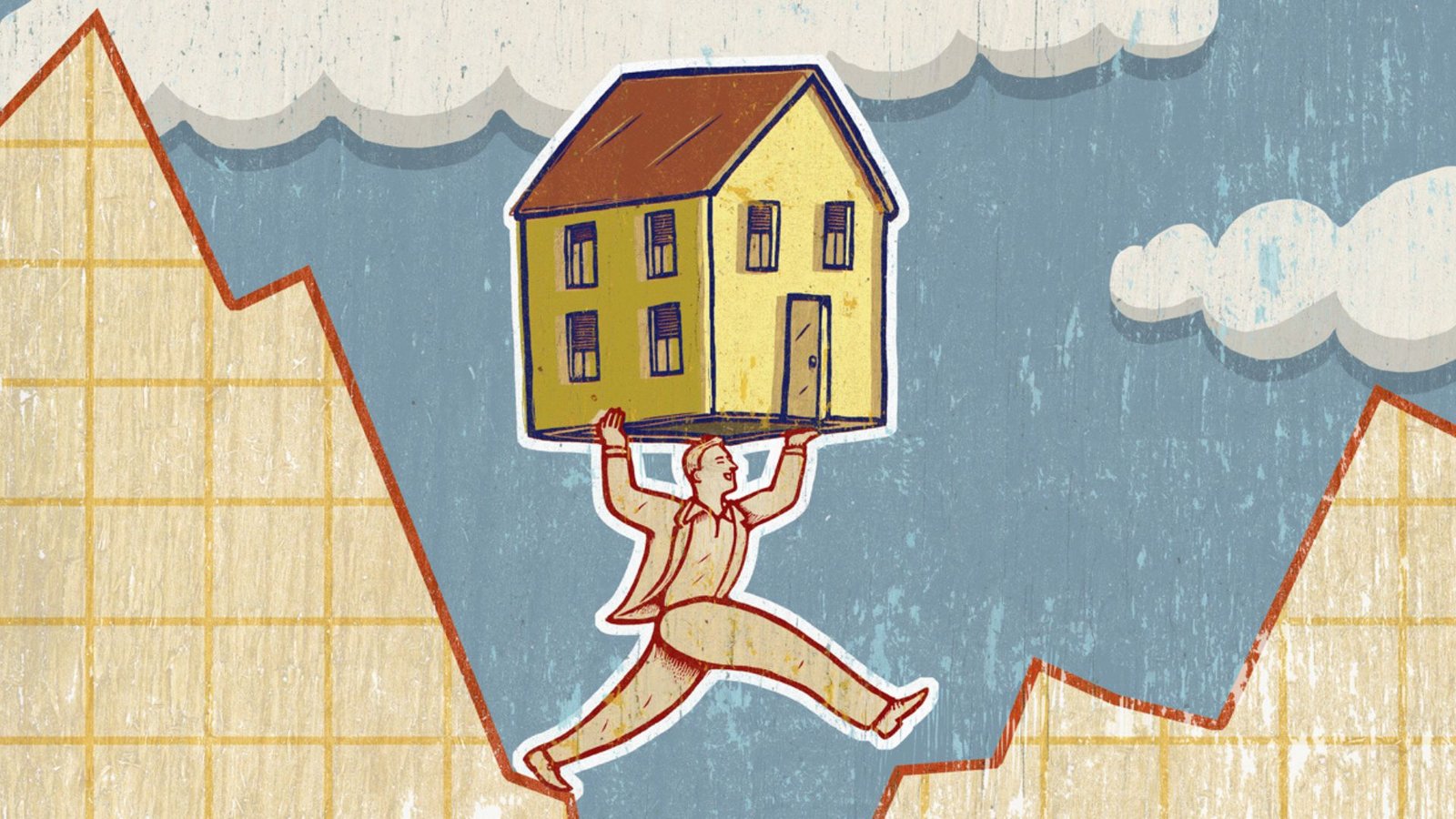How Interest Rates Affect Your Mortgage
|
Getting your Trinity Audio player ready...
|
For many individuals, purchasing a home is one of the most significant financial choices they’ll ever face. A crucial element that greatly influences the affordability and total expense of owning a home is the interest rate attached to your mortgage. Let’s explore the mechanics of mortgage interest rates and how they can affect your financial situation.
When you take out a mortgage to buy a home, the lender charges you interest, which is essentially the cost of borrowing money. This interest rate can vary depending on several factors, including the current economic conditions, your credit score, the type of mortgage you choose, and the length of the loan term.
Typically, mortgages come with either fixed or adjustable interest rates. With a fixed-rate mortgage, the interest rate remains constant throughout the loan term, providing predictability and stability in your monthly payments. On the other hand, adjustable-rate mortgages (ARMs) have interest rates that can fluctuate over time based on changes in the market index they are tied to. This means your monthly payments can rise or fall, potentially affecting your budget.

What is an Interest Rate?
Simply put, an interest rate is the fee you pay to borrow money. When you take out a mortgage, you’re essentially borrowing money from a lender to purchase your home. The interest rate on your mortgage determines how much you’ll pay in addition to the principal amount (the actual cost of the home) over the life of the loan.
How Do Interest Rates Affect Your Monthly Payment?
The interest rate on your mortgage directly impacts your monthly payment. A higher interest rate translates to a higher monthly payment, while a lower interest rate translates to a lower monthly payment. For example, a slight increase in the interest rate can significantly increase your monthly payment, potentially impacting your budget or even disqualifying you from obtaining the loan altogether.
Types of Mortgage Rates
There are two main types of mortgage rates:
- Fixed-rate mortgage: With a fixed-rate mortgage, the interest rate remains constant throughout the loan term, offering predictability and stability in your monthly payments.
- Adjustable-rate mortgage (ARM): With an ARM, the interest rate can adjust periodically (usually every year or a few years) based on market conditions. This can lead to fluctuations in your monthly payments, introducing an element of risk but potentially offering a lower initial interest rate.
How External Factors Influence Interest Rates
Several factors can influence interest rates on mortgages, including:
- The Federal Reserve’s monetary policy: The Federal Reserve sets a benchmark interest rate, which can indirectly impact mortgage rates.
- Economic conditions: During periods of economic growth, interest rates may generally rise, while they may fall during economic downturns.
- Demand for mortgages: When demand for mortgages is high, interest rates may tend to rise.
- The creditworthiness of the borrower: Borrowers with higher credit scores generally qualify for lower interest rates.
Managing the Impact of Interest Rates
While you cannot control interest rates, you can take steps to manage their impact on your mortgage:
- Shop around for the best rates: Comparing rates from different lenders can help you secure the best possible deal.
- Maintain a good credit score: A high credit score can significantly lower your interest rate.
- Consider a fixed-rate mortgage: If you prefer stability and predictability in your monthly payments, a fixed-rate mortgage might be a good option.
- Plan for potential changes: If you choose an ARM, be prepared for potential fluctuations in your monthly payments.
Final Thoughts
It’s super important to grasp how interest rates affect your mortgage and how money matters when you’re buying a home. These rates determine how much you’ll pay each month and overall for your loan. If rates go up, your payments could increase, and vice versa. So, being aware of these changes helps you plan better.
Being informed means keeping an eye on interest rate trends. Sometimes rates rise, and sometimes they fall, which can affect your finances. By staying up-to-date, you can make decisions that benefit you. For example, if rates are low, it might be a good time to lock in a mortgage to save money.
You will find the following information useful:






